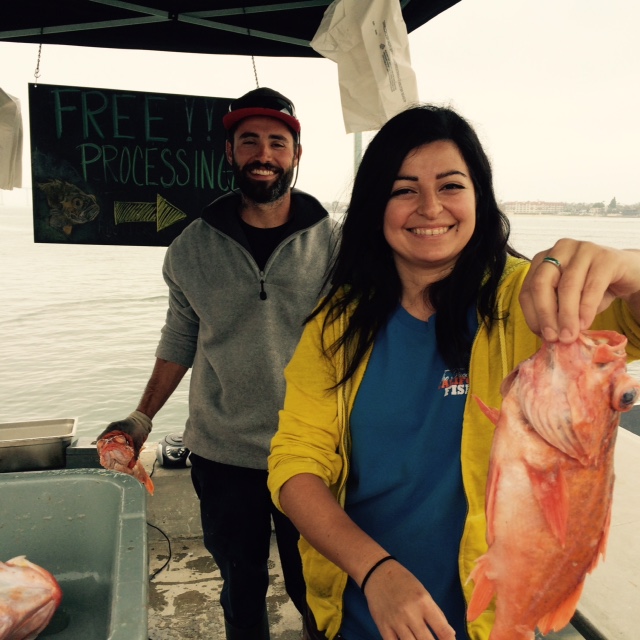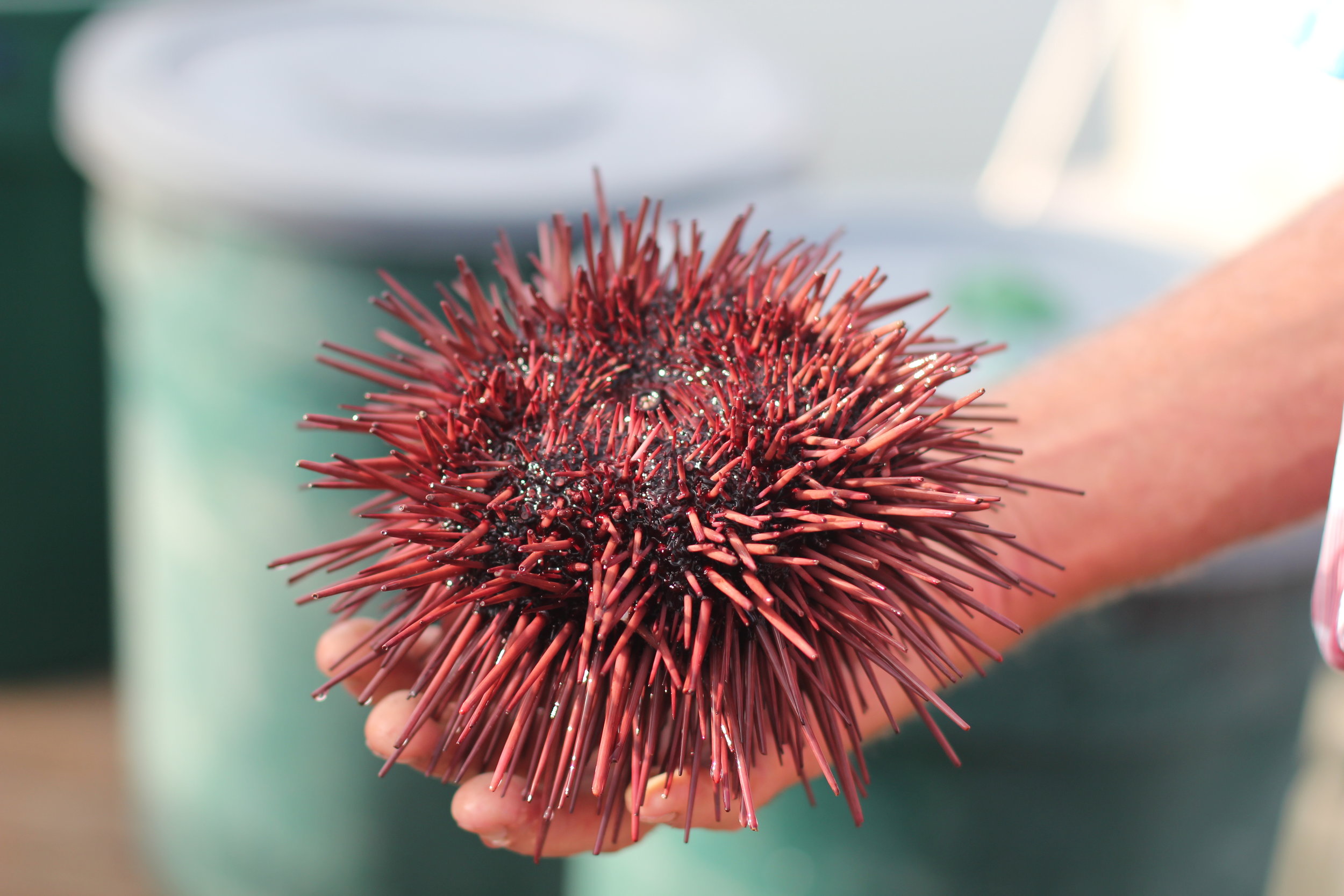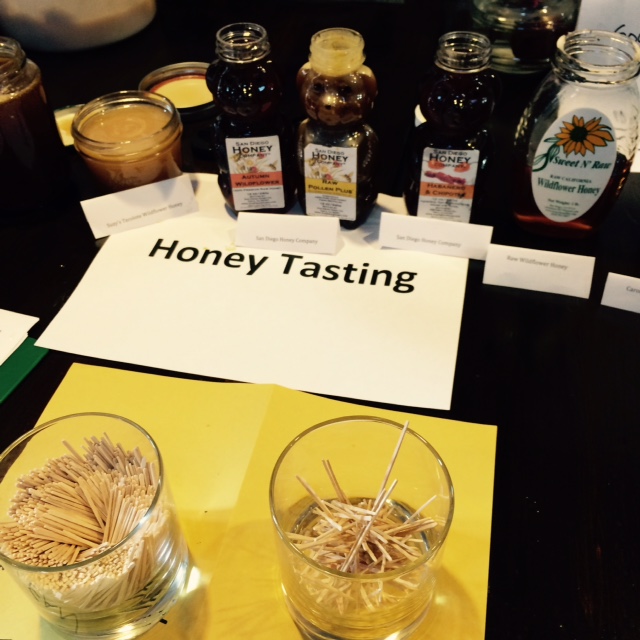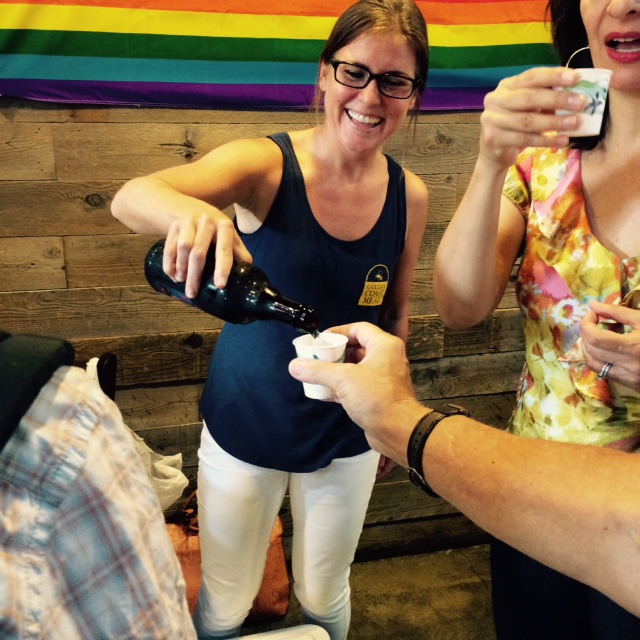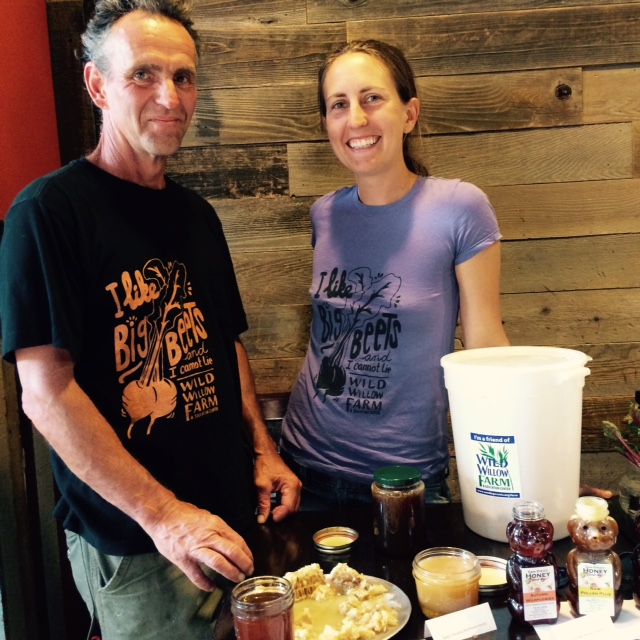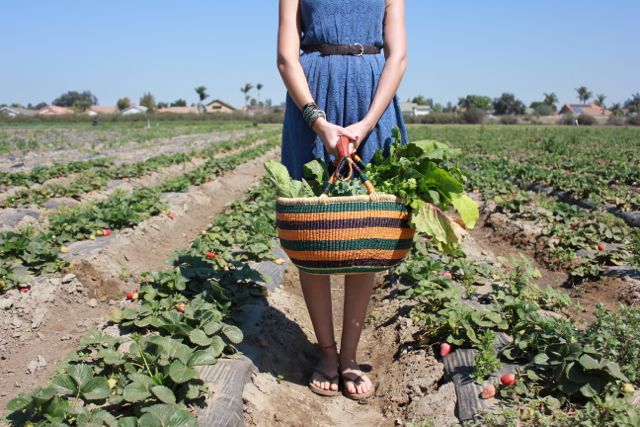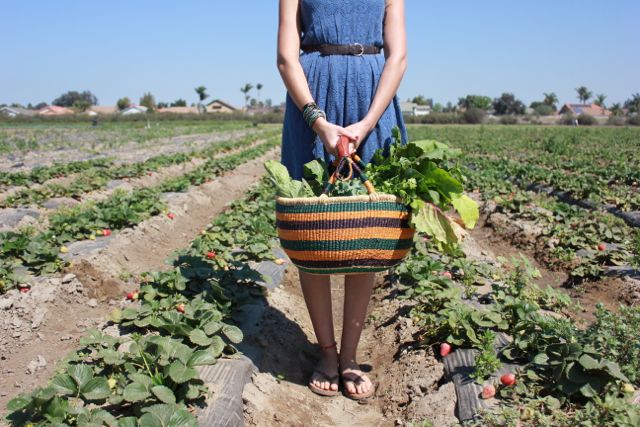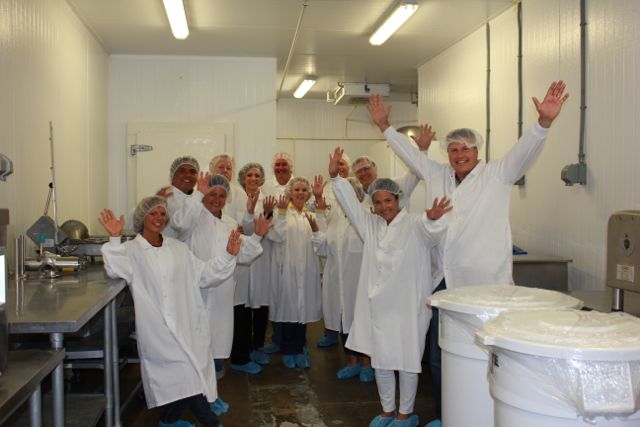By Sarah Shoffler, SFUSD Board of Directors

Our “Craft Beer and Local Hops: a Community Dialogue” panel discussion at this year’s Good Food Community Fair will feature three San Diego breweries and a local hop farmer. We selected these local producers because of their novel production practices, commitment to sustainability and community, along with their flavorful products.
The youngest brewery on our panel at just four months old, Duck Foot Brewing Company has a unique approach to serving delicious beer to all San Diegans. “With so many great breweries in the county it can be difficult to differentiate yourself, but we have a solid lineup of different styles of beers with a focus on balance,” says Chief Fermentation Officer, Brett Goldstock of Duck Foot Brewing Company. “Plus, we’ve uniquely positioned ourselves to serve a whole sector of the community not served before by brewing gluten-reduced beer. And our gluten-reducing process doesn’t affect the natural flavor, aroma or body of any of our brews.”
Bold and hop-centric Stone Brewing Co. is a San Diego king, both in terms of brewing and in terms of supporting the Good, Clean & Fair Food movement. Longtime supporters of local environmental non-profits, like Surfrider San Diego, sustainability is integral to their business practices: Stone Brewing World Bistro & Gardens is the largest restaurant purchaser of local, small-farm, organic produce in San Diego County. Their Bistro’s Meatless Monday menu prevents 110,448 lbs. of CO2 from being released annually and they source their vegetables from their organic Stone Farms. Stone also provides their spent grain to local dairy animals for feed. Stone sees operating their own farm as a hands-on demonstration of their commitment to sustainable food production.

Among the pioneers of the local IPA movement, Green Flash continues to experiment to find the next great beer. “Our Genius Lab allows any employee with an idea for an experimental beer to convince a brewer to brew it on our 5 bbl. pilot system,” says Erik Jensen, Head Brewer of Green Flash Brewing Company. “We serve these beers in our tasting room and many are the basis for future production beers. Cellar 3 is a separate facility dedicated to wood-aged sour beer and spirit-aged beer.”
Nopalito Farm & Hopyard is a two-and-a-half acre certified organic hopyard in north San Diego County providing high-quality local hops to local brewers. “While we do dry some of our hops, we prefer to supply brewers with fresh hops, which are typically hard to come by this far south. Plus, we grow damn tasty hops,” says Jordan Brownwood, Farmer and Owner of Nopalito Farm & Hopyard. “Water is the number one issue for farms all over the West Coast, so the drought has heavily affected us,” which is, in part, why they use drip irrigation, heavy mulching and other techniques allowing them to minimize the farm’s water use.
And while our local breweries have not yet faced big water restrictions to their operations, the drought is on all their minds. “The dirty little secret of the brewing industry is the brewing process consumes a large amount of water to make a gallon of beer,” says Brett. Most breweries use 3-7 barrels of water to produce one barrel of beer, depending on their production practices. Duck Foot, Green Flash and Stone evaluate water use at each step in their beer-making processes. And Stone is trendsetting in its water practices having implemented an on-site water reclamation system and water conservation practices years before the drought’s regulations came into effect.
Our panel, moderated by JuliAnna Arnett, a local food systems expert, will explore the ways our local beer and hop industries support good, clean and fair food (and beer!) for all, the impact of the drought, and how they can implement water-wise production. Plus, beer. Really good beer.
Join the discussion and enjoy a quaff with these good folks at 2pm, Oct. 11th at the Quartyard:



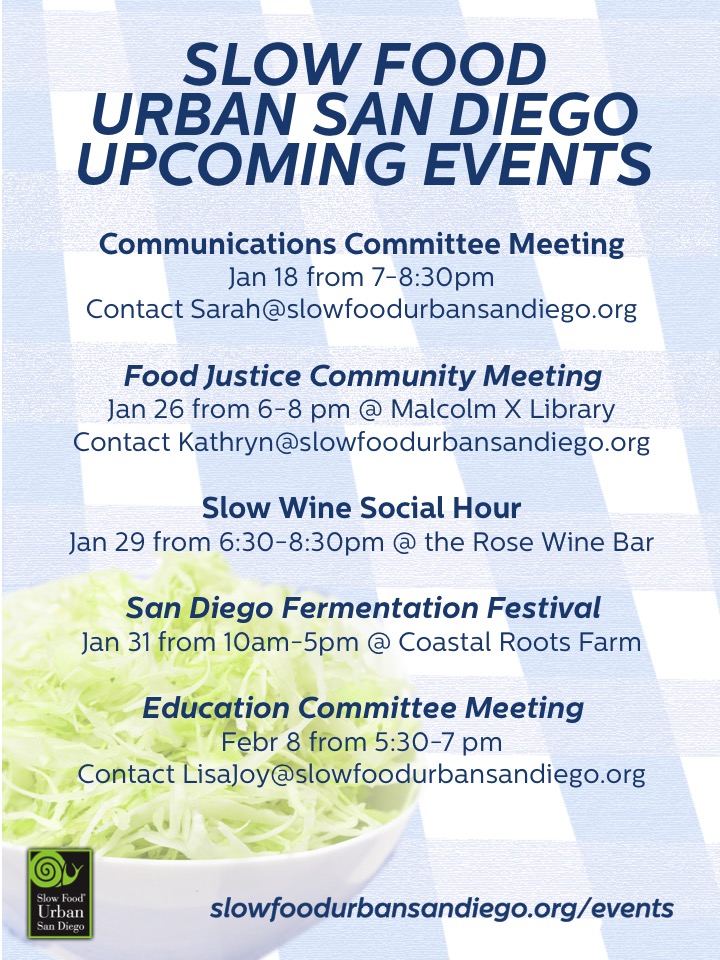



 SFUSD welcomes three new board members this month: Darcy Shiber-Knowles, Lisa Joy and Stephanie Parker. Our full roster for 2016 is listed below. We've reorganized the board, collapsing and expanding some positions. We look forward to working towards a Good, Clean & Fair San Diego food system and sharing with our San Diego community this coming year! Stay tuned for upcoming celebrations and efforts.
SFUSD welcomes three new board members this month: Darcy Shiber-Knowles, Lisa Joy and Stephanie Parker. Our full roster for 2016 is listed below. We've reorganized the board, collapsing and expanding some positions. We look forward to working towards a Good, Clean & Fair San Diego food system and sharing with our San Diego community this coming year! Stay tuned for upcoming celebrations and efforts.

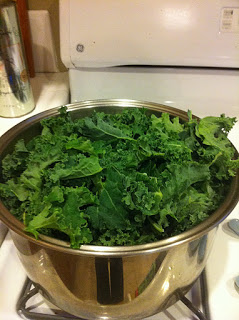


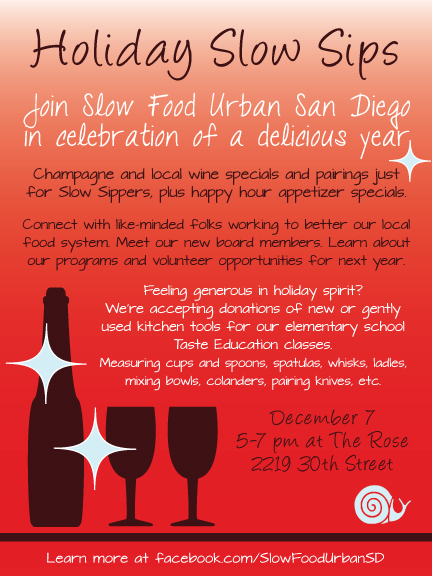
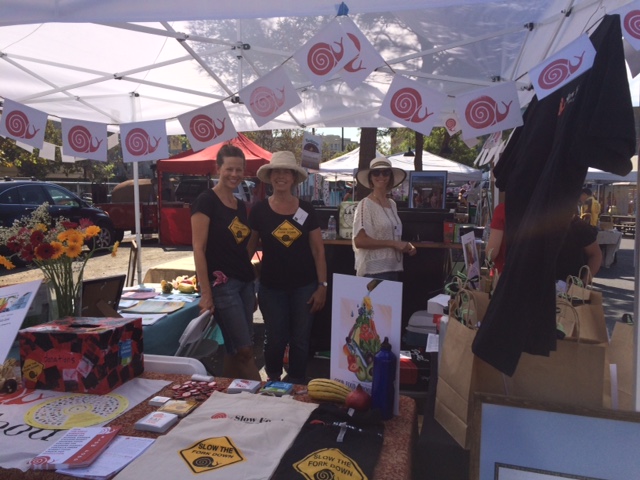
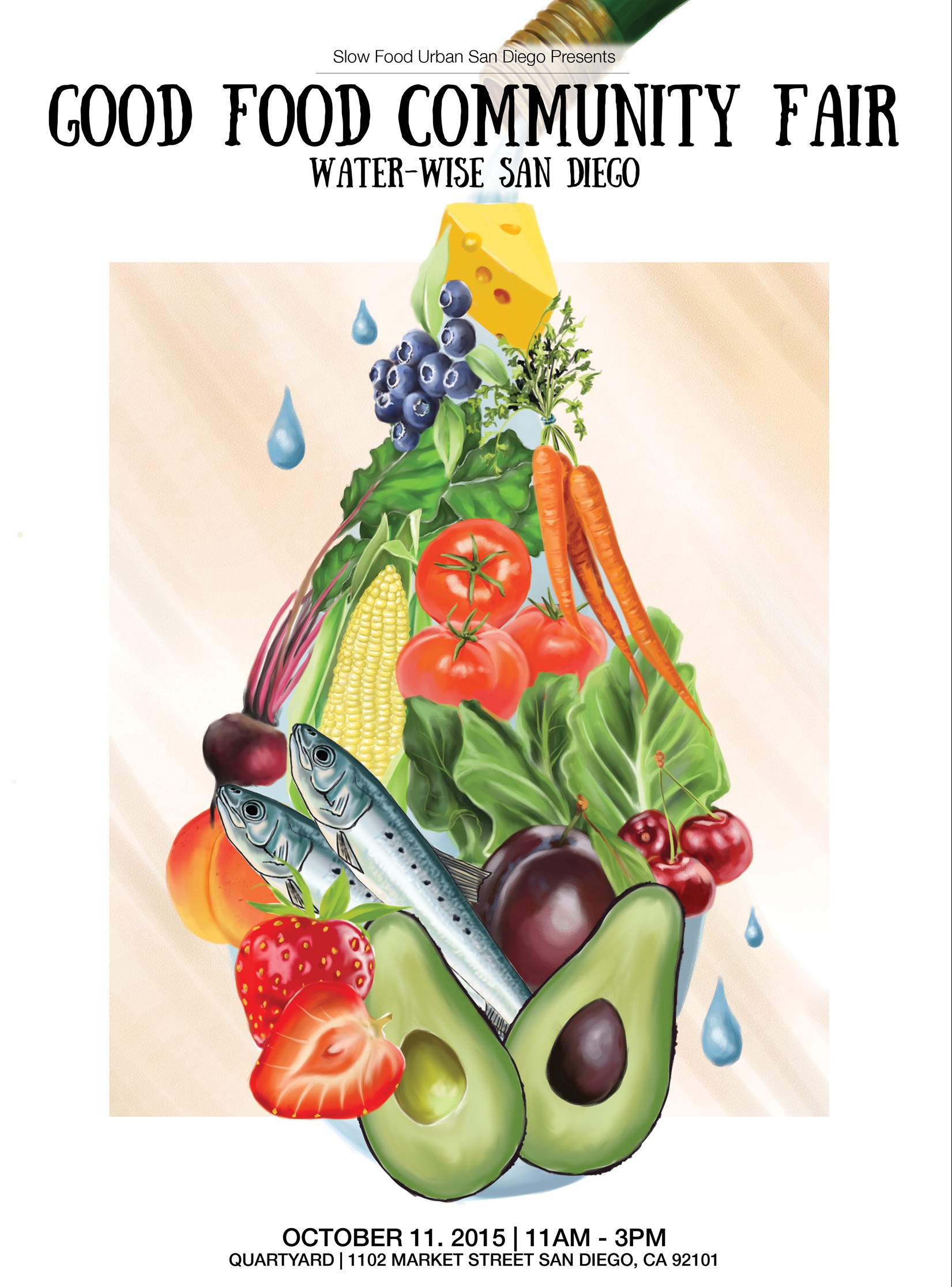

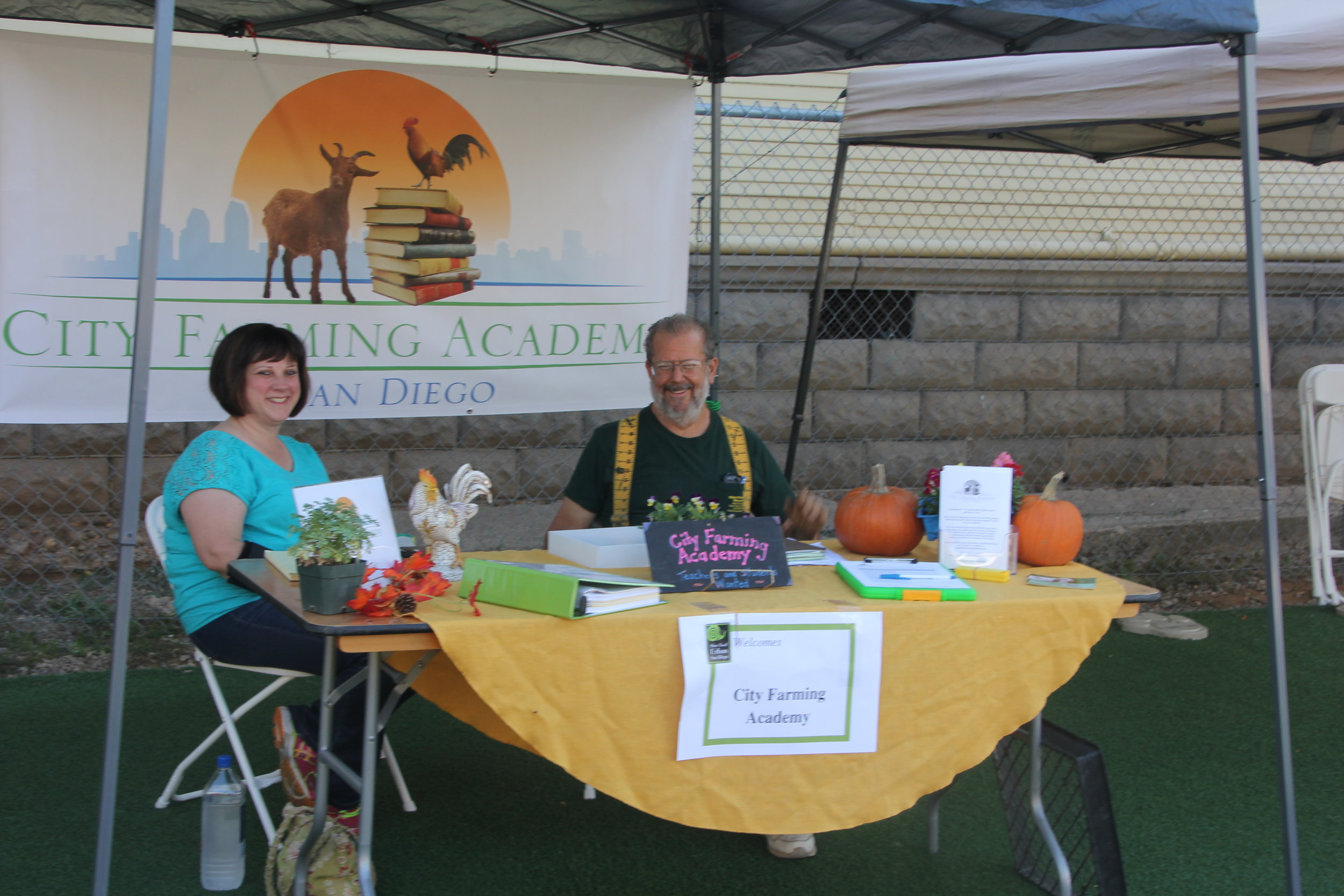


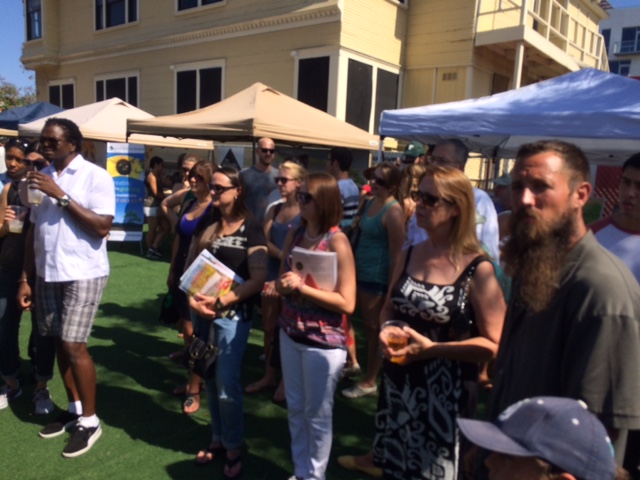




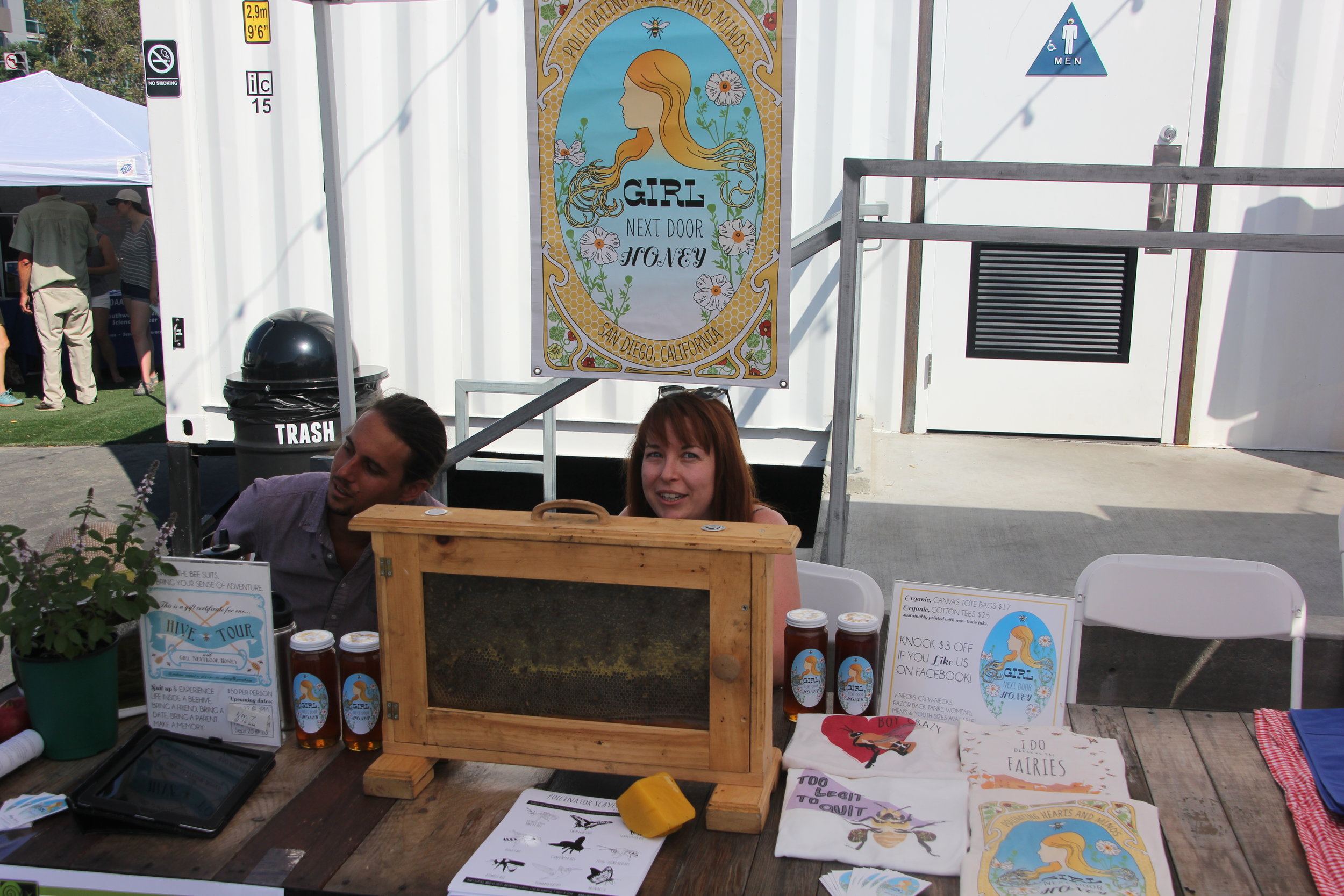
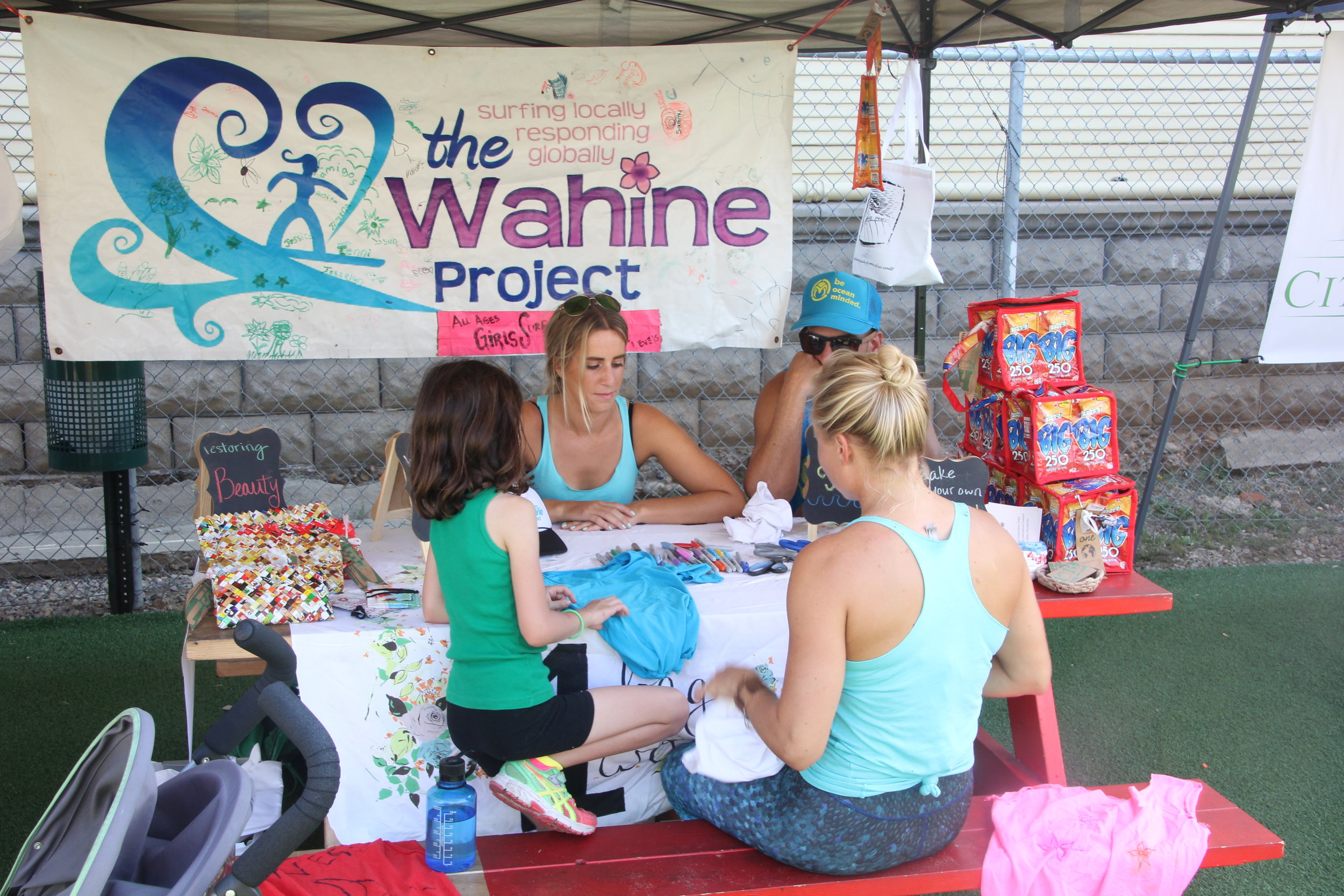
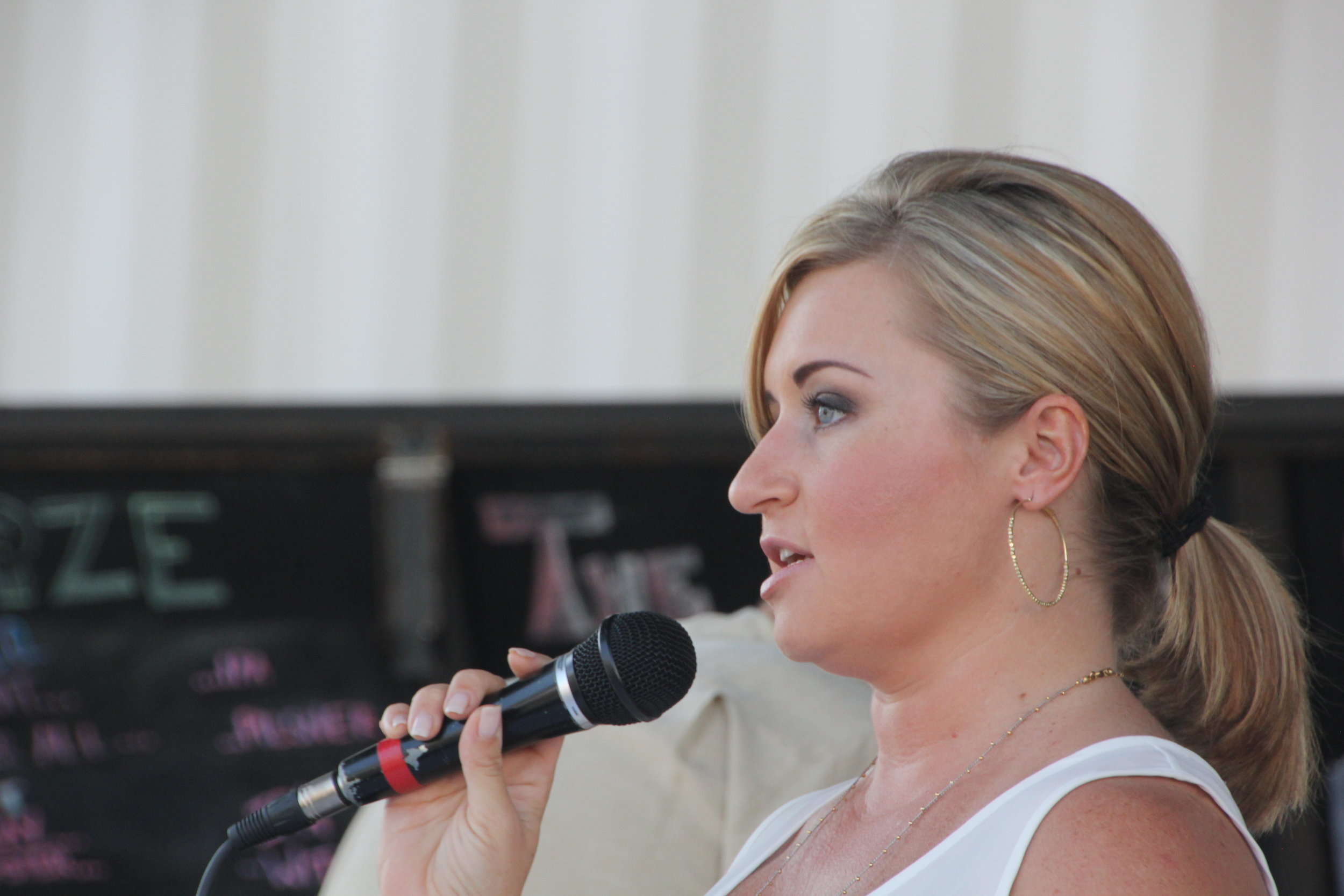






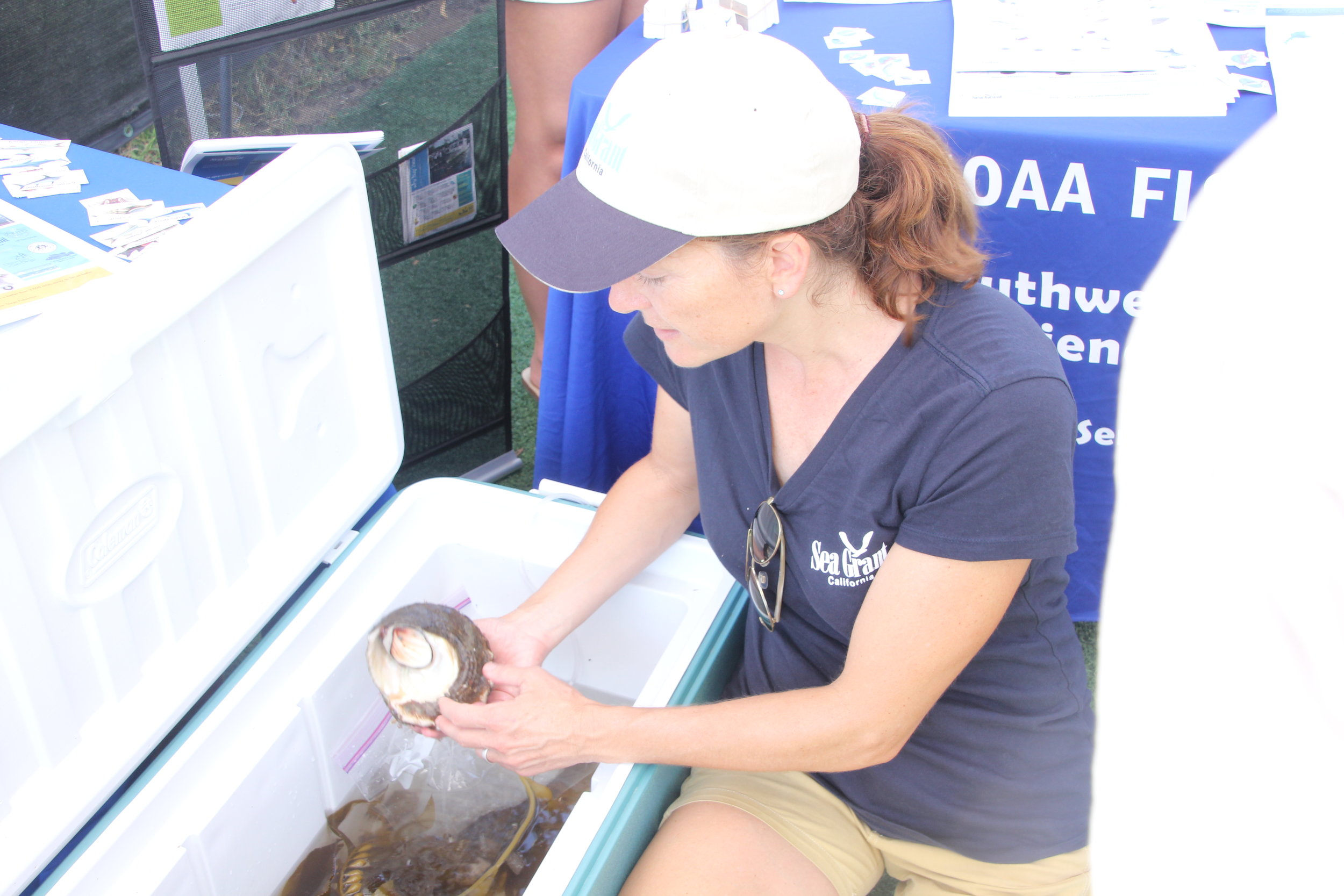




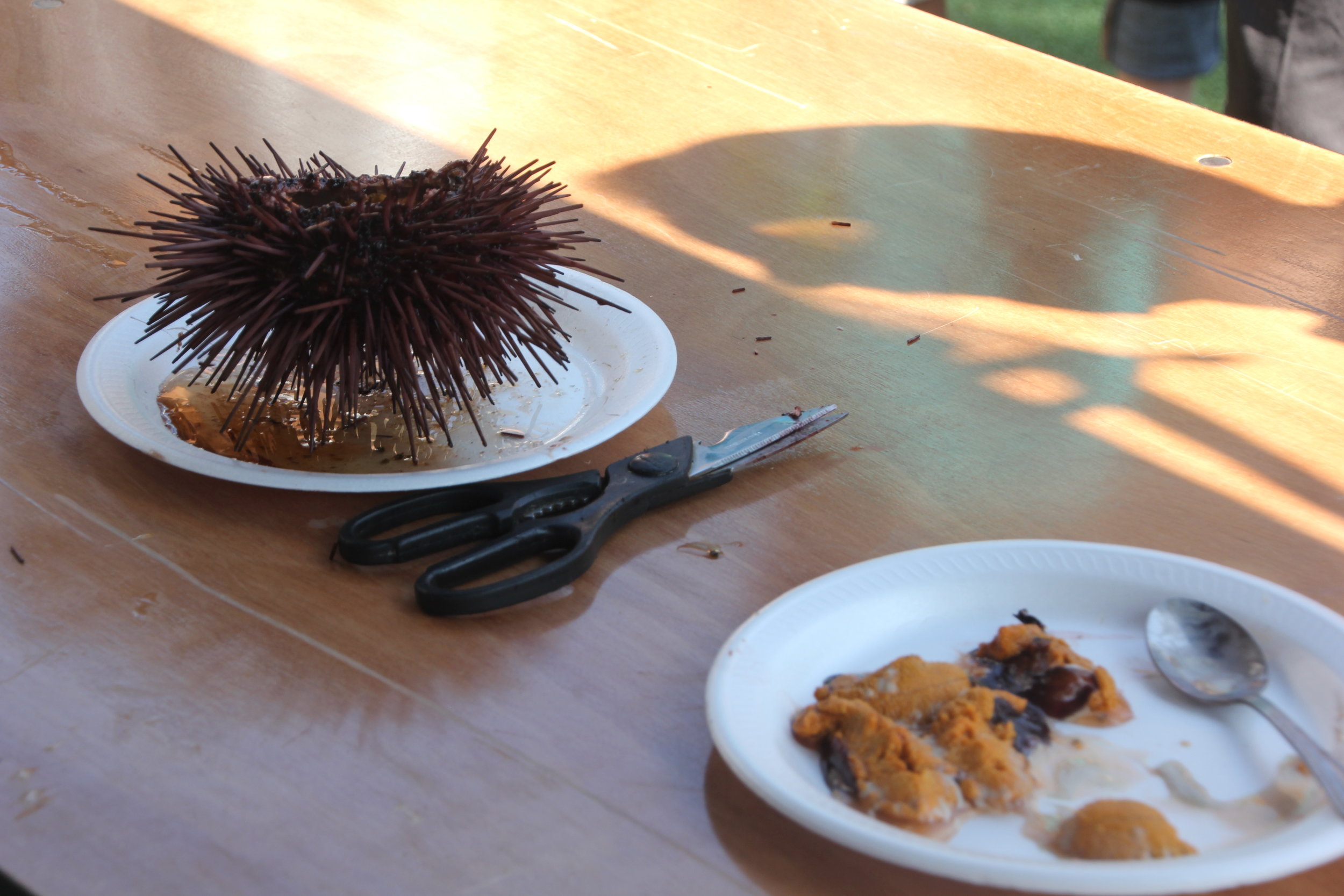





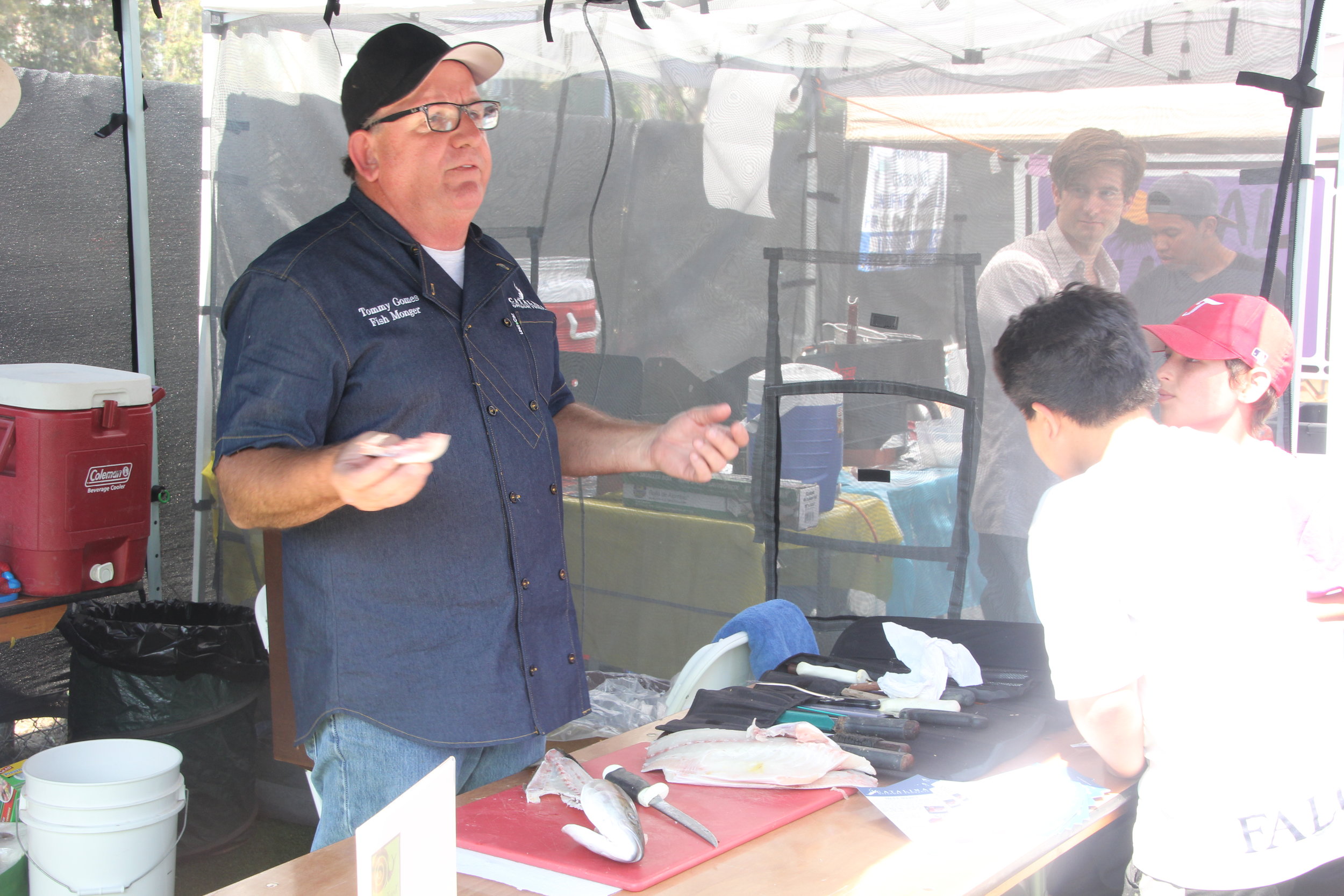



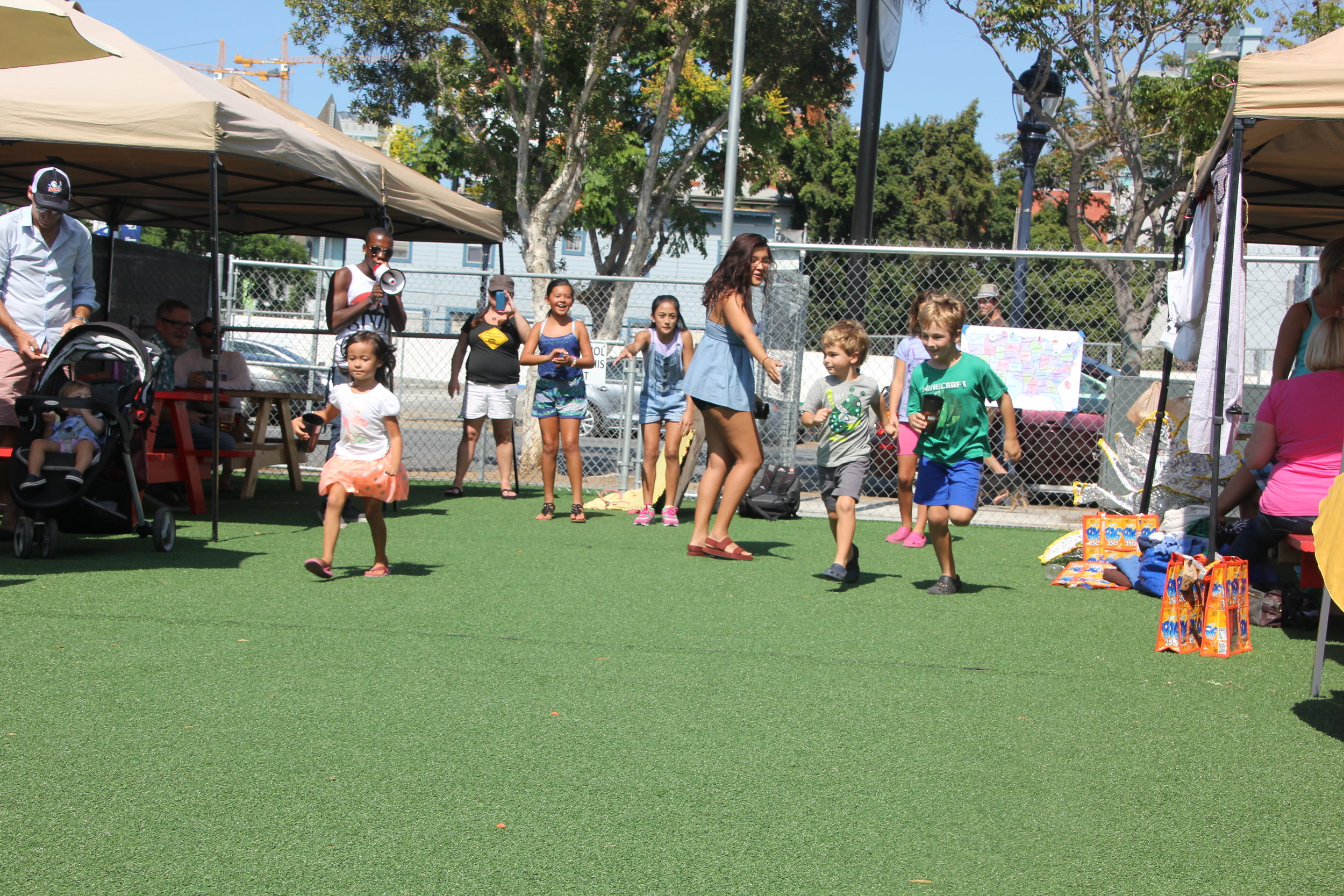
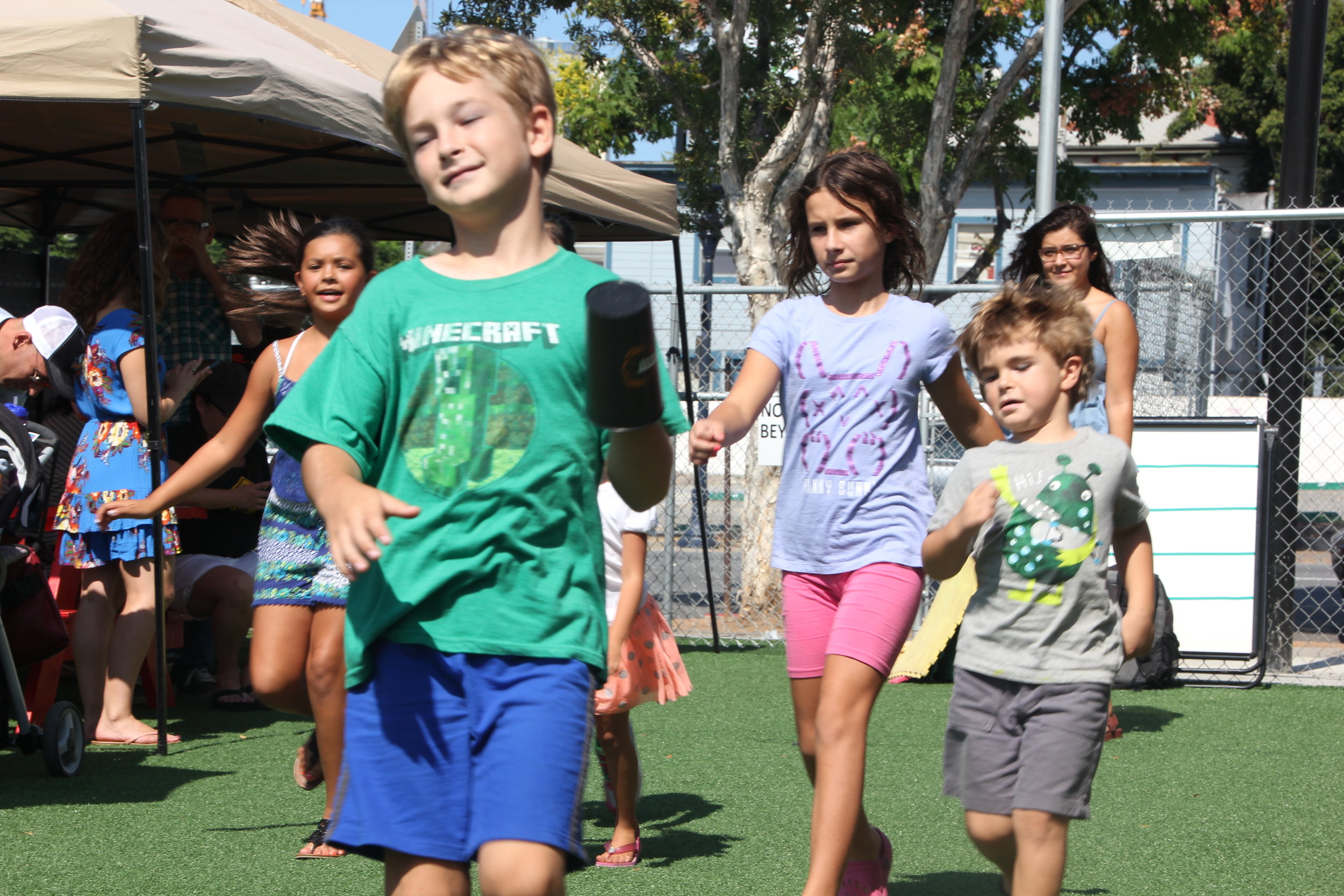

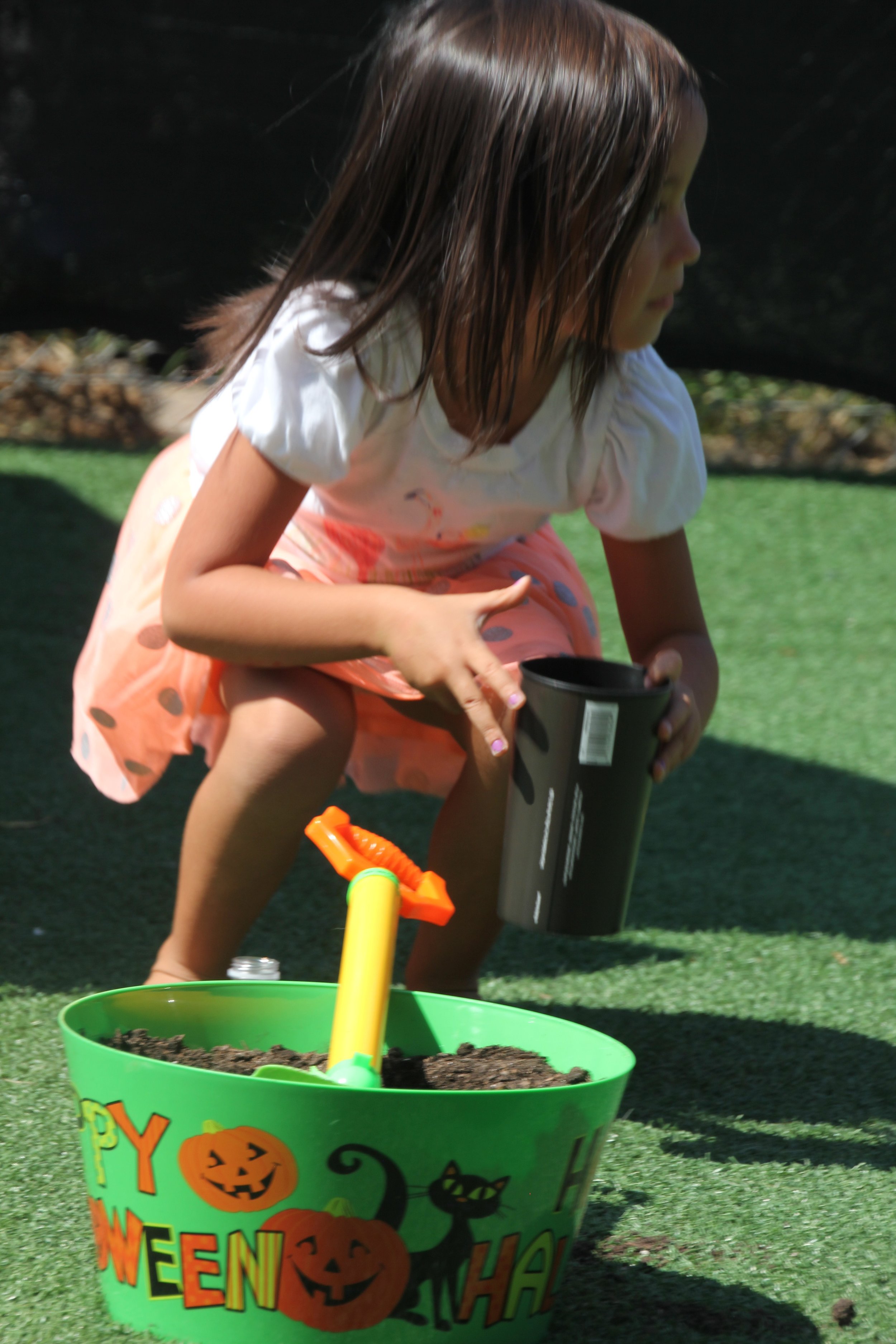
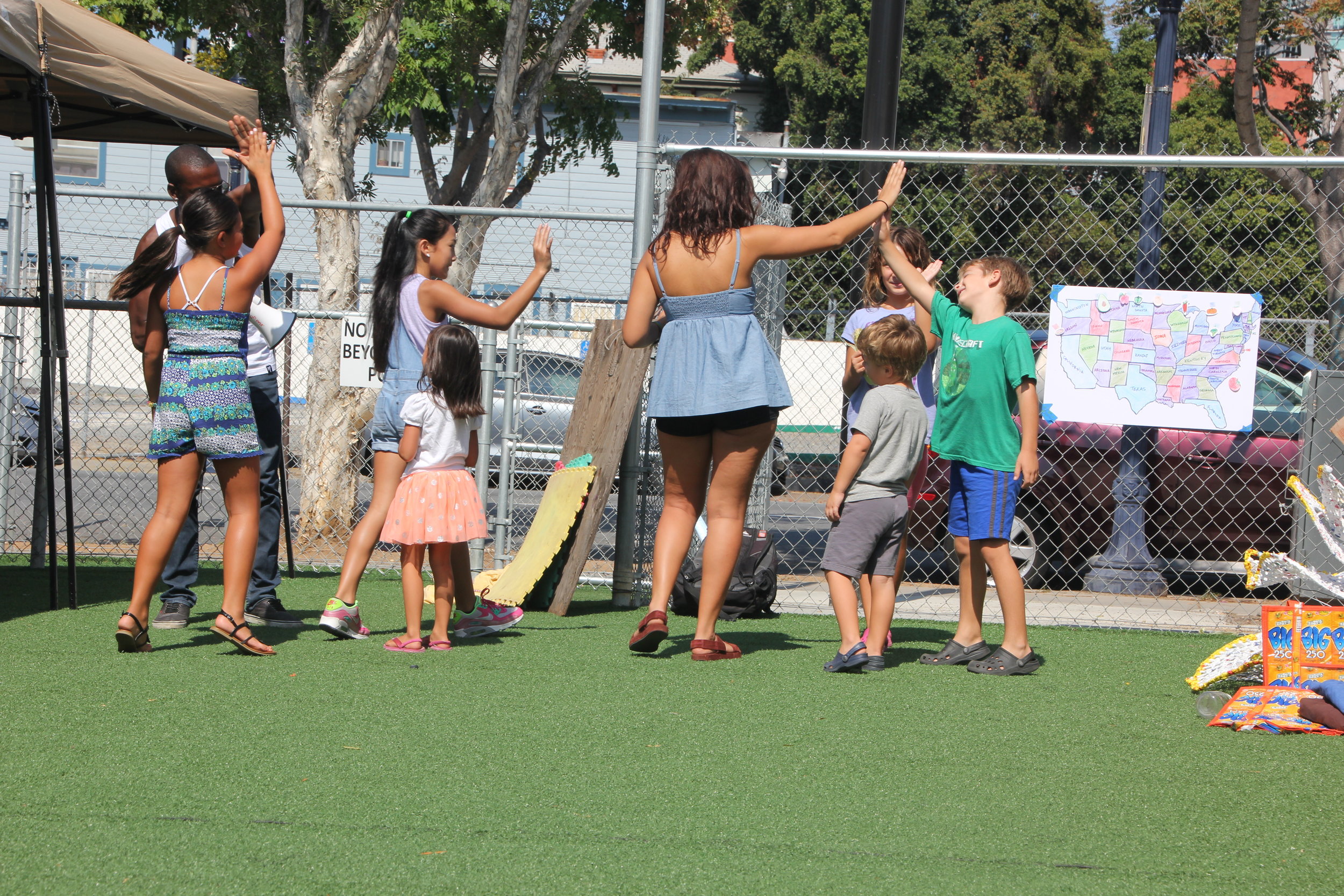





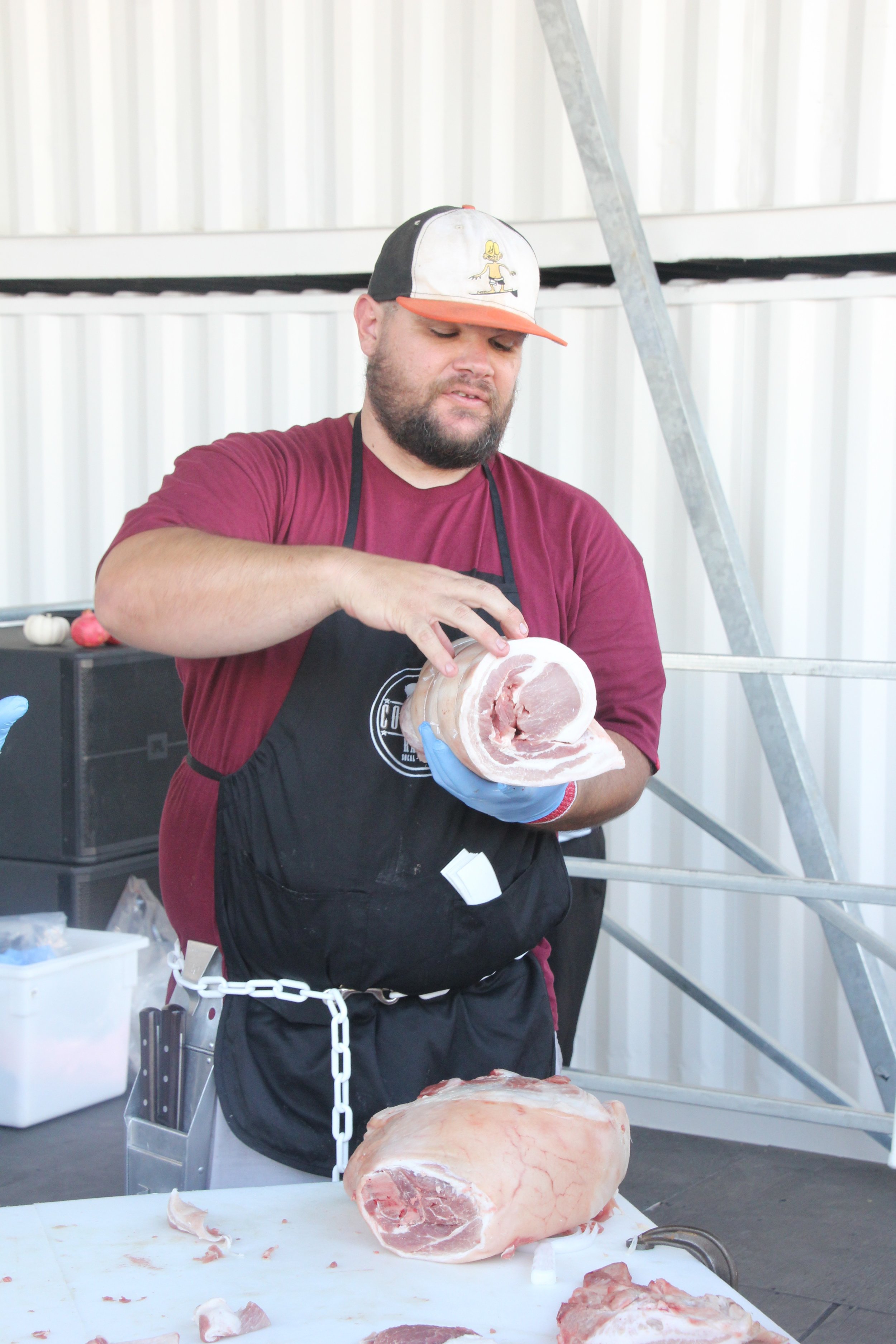



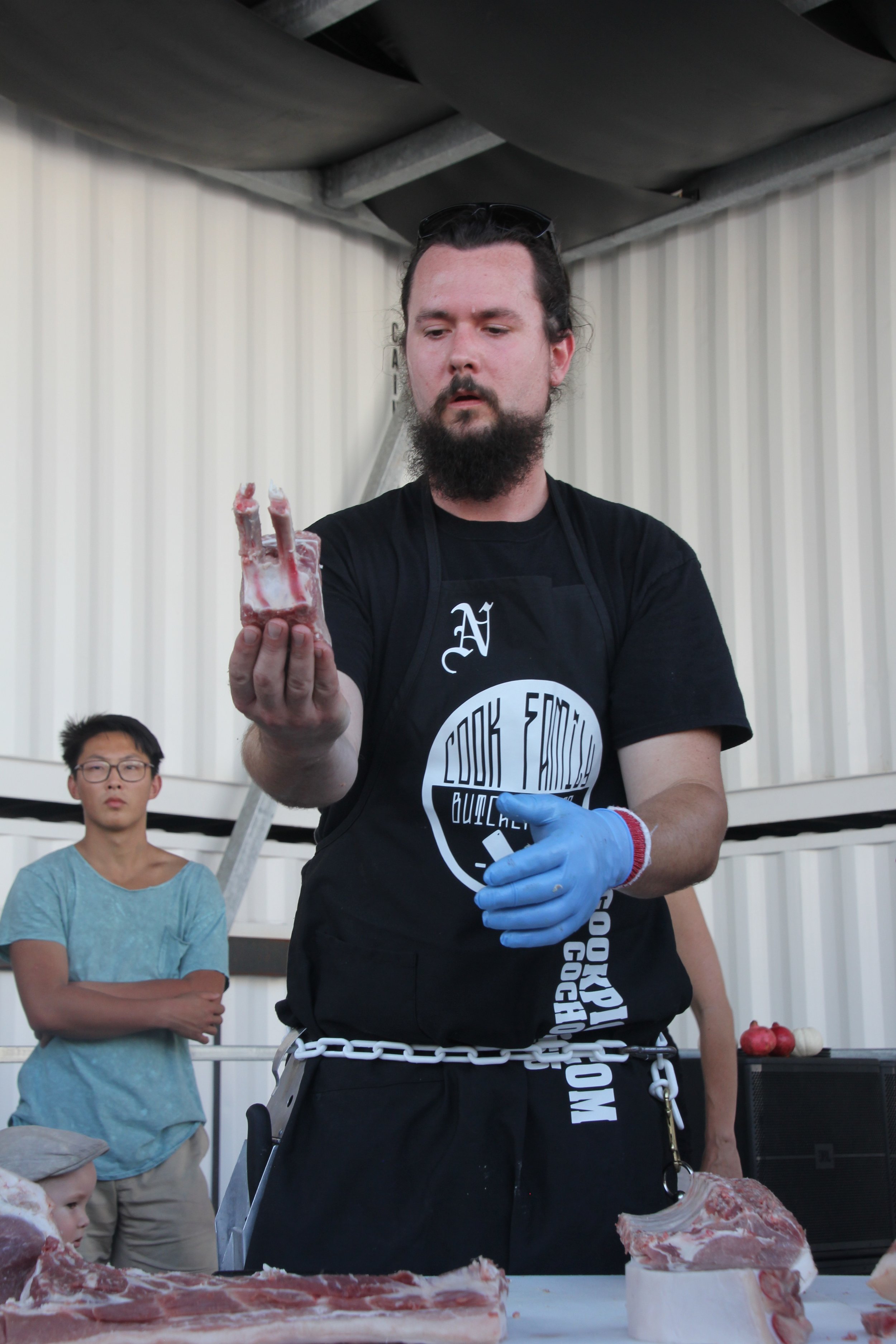






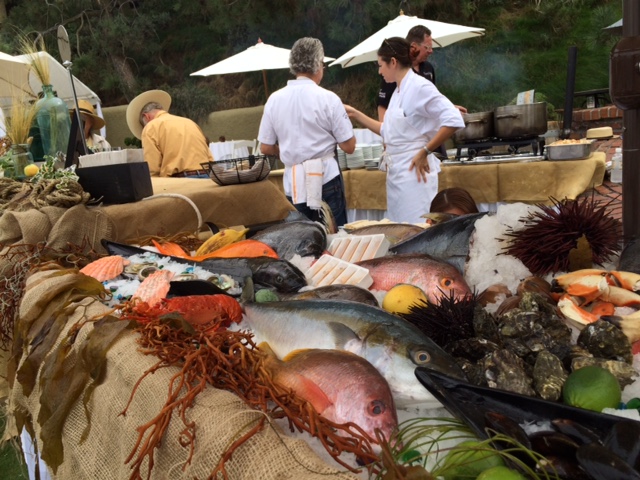

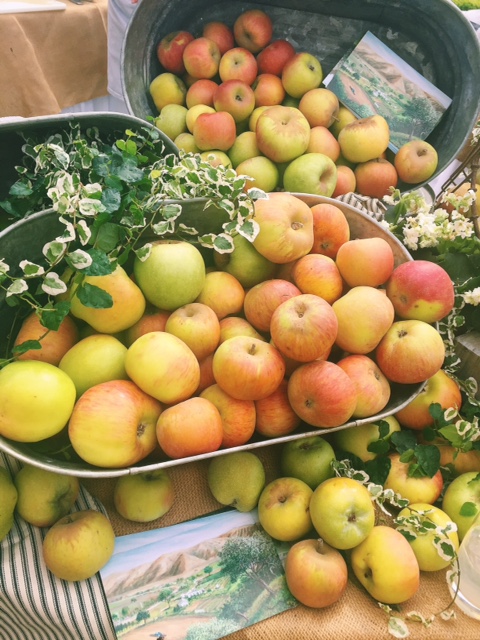
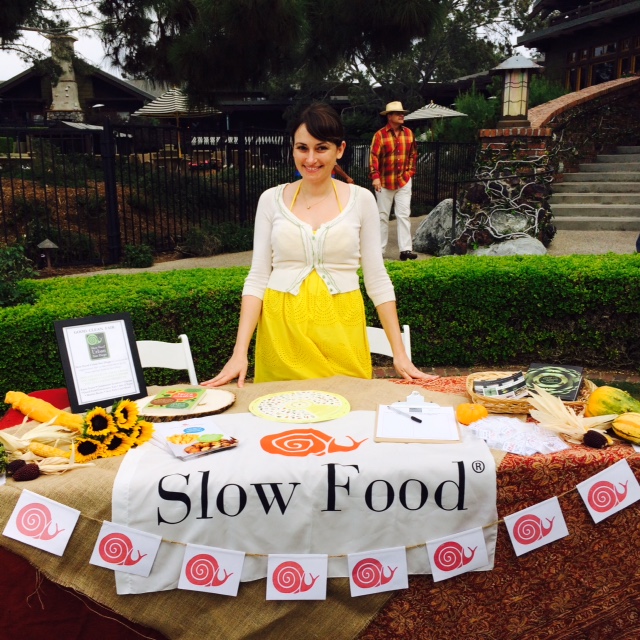








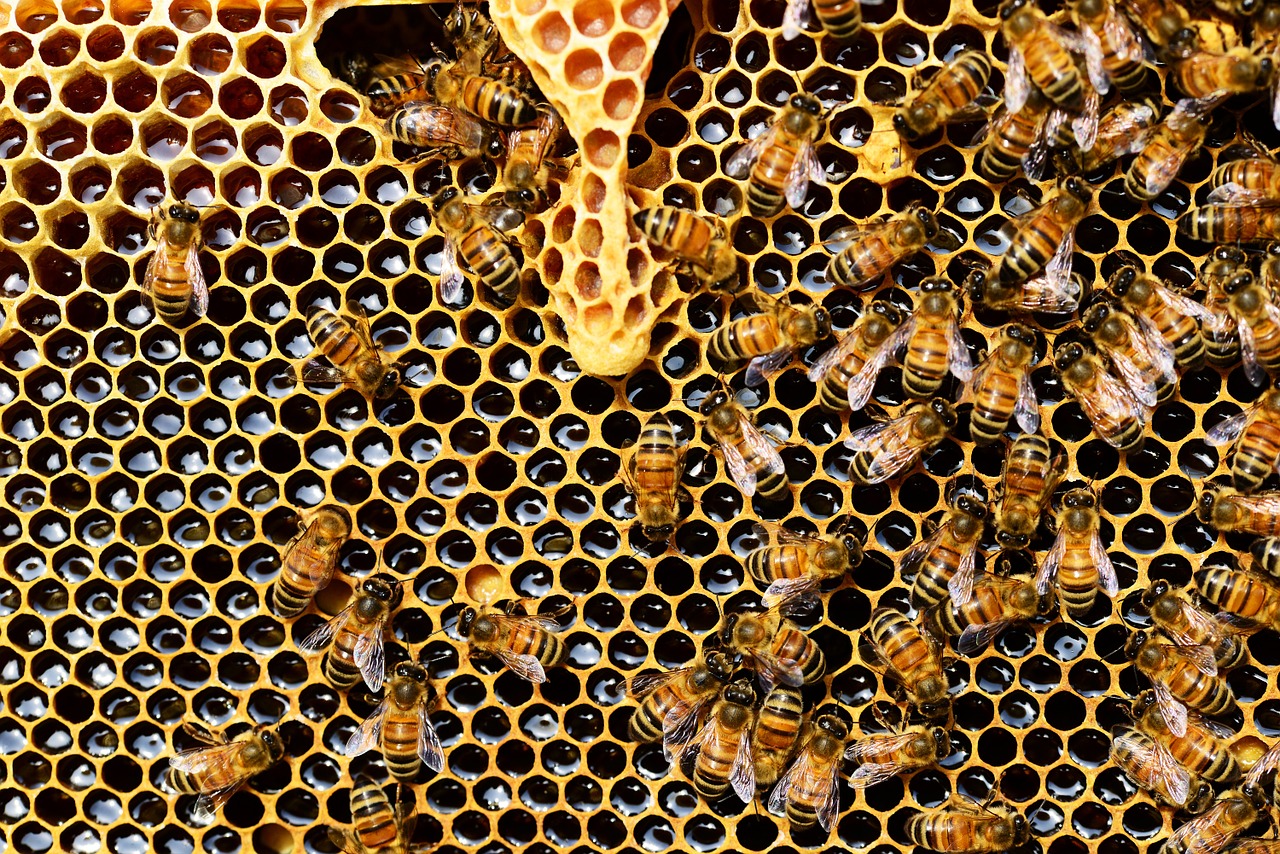





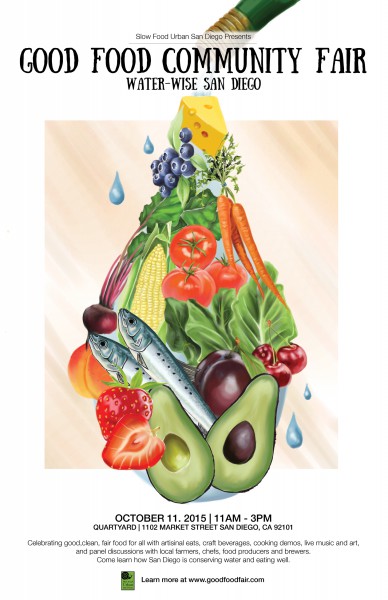





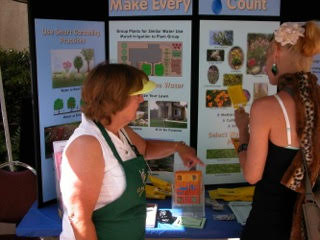 San Diego has over 300*
San Diego has over 300* 






